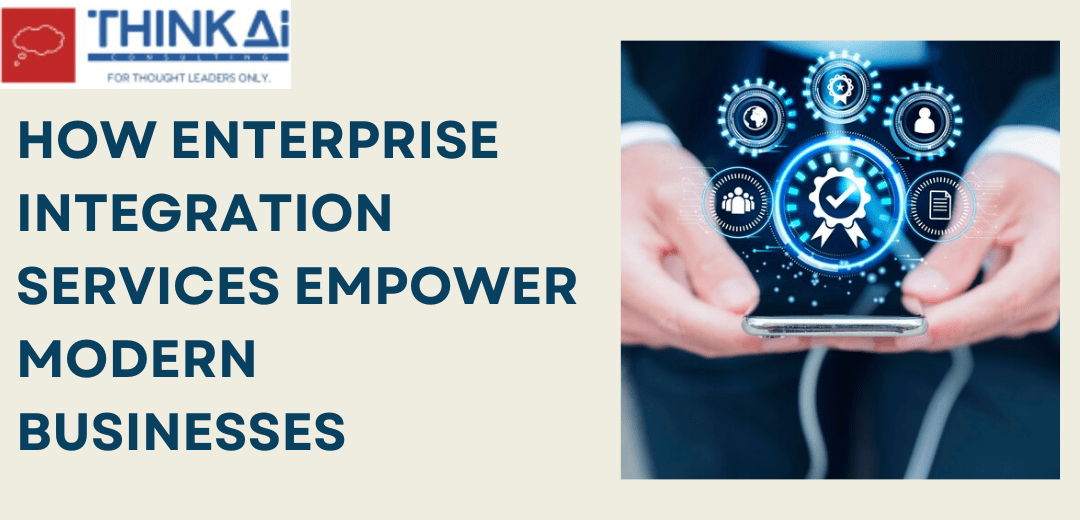The global e-commerce market is driven by the increasing internet penetration and the shifting consumer preferences toward online shopping.
The e-commerce industry is a rapidly growing sector that involves the buying and selling of goods and services online. It has revolutionized the way consumers shop, providing them with a convenient and efficient way to purchase products. E-commerce includes a wide range of businesses, from small online stores to large multinational corporations. Some of the most popular e-commerce websites include Amazon, eBay, Alibaba, and Etsy. These platforms offer several advantages, including the ability to compare prices, access a wider variety of products, and make convenient purchases regardless of time.
Moreover, for businesses, e-commerce provides a cost-effective way to reach a global market and streamline operations. Besides this, it includes different categories, including retail, travel and tourism, and digital products, wherein retail e-commerce is the most popular segment among consumers. In recent years, the e-commerce industry has witnessed positive growth and is expected to grow in the coming years. This can be attributed to various technological advancements and the sudden outbreak of the coronavirus disease (COVID-19) pandemic, which has encouraged individuals to shift toward e-commerce platforms or online shopping due to lockdowns and social distancing measures.
The e-commerce market is primarily driven by the increasing penetration of the internet across the globe. In addition, the surging sales of devices, such as smartphones, laptops and tablets that provide easy access to e-commerce portals, represent another major growth-inducing factor. Consumers can shop online from anywhere and at any time, making e-commerce more convenient and accessible. Besides this, consumers are becoming inclined toward the e-commerce industry due to the convenience of online shopping, which offers faster shipping times, easy returns, and online product reviews. This, coupled with various benefits offered by e-commerce to business owners, is contributing to the market growth.
E-commerce enables organizations to manage a business without maintaining a physical store, thereby minimizing the infrastructure, communication and overhead costs. Additionally, the market is further propelled by the emergence of private-label and direct-to-consumer-based business models that enable organizations to collect and use consumer data and provide personalized products and enhanced consumer experiences. Moreover, various technological advancements, such as artificial intelligence, machine learning and data analytics, has made e-commerce more efficient and convenient, making it easier for retailers to sell online. These solutions have also enabled retailers to personalize the shopping experience, provide better product recommendations and optimize their online stores for better performance.
Apart from this, e-commerce is growing at different rates in numerous regions, with Asia-Pacific being the largest e-commerce market due to the growing disposable incomes of individuals and rapid urbanization. Furthermore, the industry is fragmented and is expected to face extreme competition in the coming years as various key players are implementing competitive strategies to sustain their presence in the market. For instance, in September 2018, Flipkart Pvt. Ltd. acquired Upstream Commerce, an analytics start-up based in Israel, to price and position its products in an economical way. Moreover, Alibaba Group Holding Limited announced the acquisition of NetEase, Inc., a company offering online e-commerce services, to acquire its import e-commerce platform and gain a competitive edge in the e- industry. Overall, the e-commerce industry is a dynamic and rapidly evolving market that is expected to continue growing in the coming years, driven by numerous factors such as technological advancements and changing consumer behavior.










